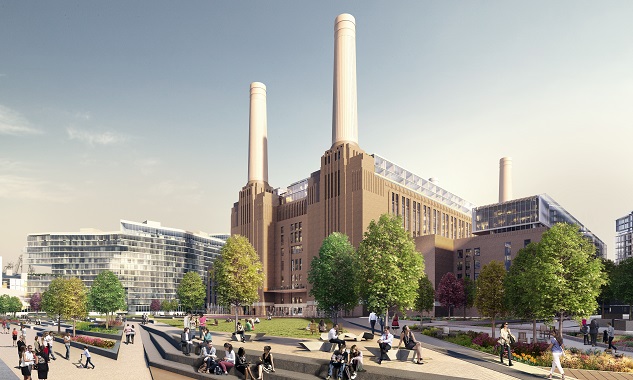An anticipated cut to Inheritance Tax (IHT) prior to the next general election would be welcome, according to DJ Alexander.
The Scottish-based estate agency said that recent news reports that the prime minister is considering cutting IHT and then potentially abolishing it in the future would be welcome news for homeowners.
IHT, which raised £3.9bn between April 2023 and September 2023, is widely viewed among homeowners as the most unfair tax in the UK. June 2023 saw the highest monthly total on record and revenues rose by over 10% in the last year.
The Institute for Fiscal Studies said that the proportion of estates hit by inheritance tax was likely to rise from about 5.5 per cent this year to 7 per cent in 2032-33. Over the same period, government revenues from the tax will rise from £7 billion to £15 billion.
Inheritance tax (IHT) has had its threshold frozen at £325,000 since 2009 and is currently set to remain at that level until 2028 at the earliest. Had it risen by inflation in the intervening years it would be at £495,551 by September 2023.
Reported options have included cutting the 40% rate of inheritance tax (IHT) before phasing it out altogether with some MPs suggesting a simplification of the system to allow all families to pass on £1m tax-free. This would involve scrapping the £175,000 “residence nil-rate band” or “family home allowance”, which protects homes passed to direct descendants, and increasing the main £325,000 allowance to £500,000 instead.
David Alexander, chief executive of DJ Alexander Ltd, explained: “While many people believe that inheritance tax only affects the very wealthy the reality is that substantially more people are being drawn into paying the tax because of rising house prices. A large number of people, who would not view themselves as wealthy, will find their relatives facing a large tax bill simply because they owned a property which rose in value over decades.”
“It should be remembered that IHT starts at £325,000 which is currently less than the average price paid for a property in Edinburgh and East Lothian. And areas like East Renfrewshire and East Dunbartonshire are not far behind.”
Alexander continued: “When land and buildings tax (LBTT) was introduced just 3.2% of properties sold for more than £325,000. In the latest month of September 2023 that figure had risen to 17.9% of all properties.”
“The wealthiest people have accountants and lawyers who can ensure that their estates will not be impacted by IHT. It is the ordinary people who don’t have schemes in place to avoid tax that will increasingly pay more in IHT on their death. Most people have the bulk of their wealth contained in their homes and it is these people, who have worked and saved, and paid a mortgage who will find their relatives hit with substantial bills after their death.”
He added: “It can’t be right that a homeowner who wishes to pass on something to the next generation should be punished for buying a home which has risen in value beyond £325,000. Taxing thrift, savings, and aspiration should never be government policy. Taxing consumption makes more sense as it is about choice. Therefore, if the rumoured changes to IHT occur then it will be a welcome announcement for homeowners across the country who feel that they are unjustly targeted by this tax.”






